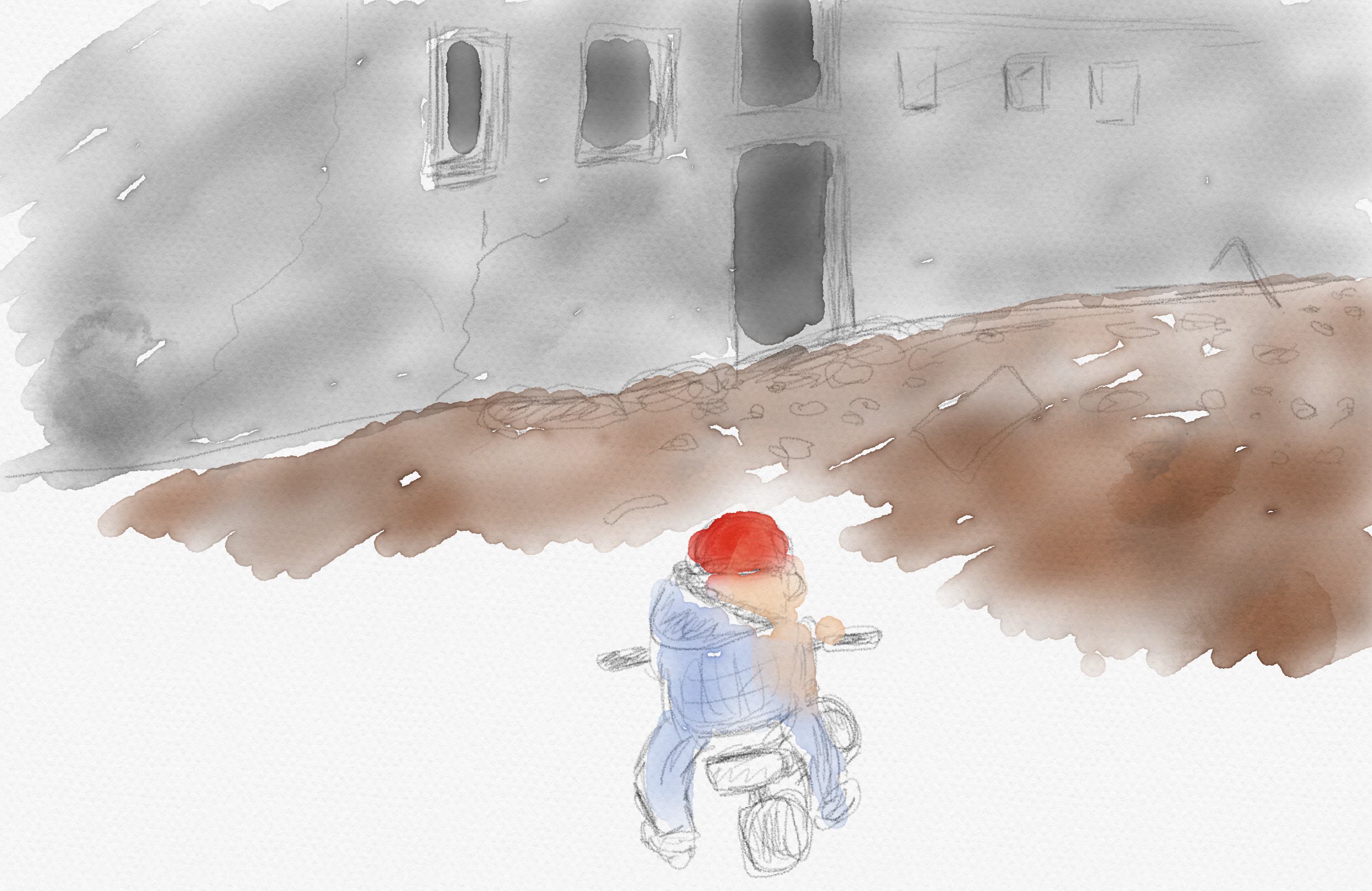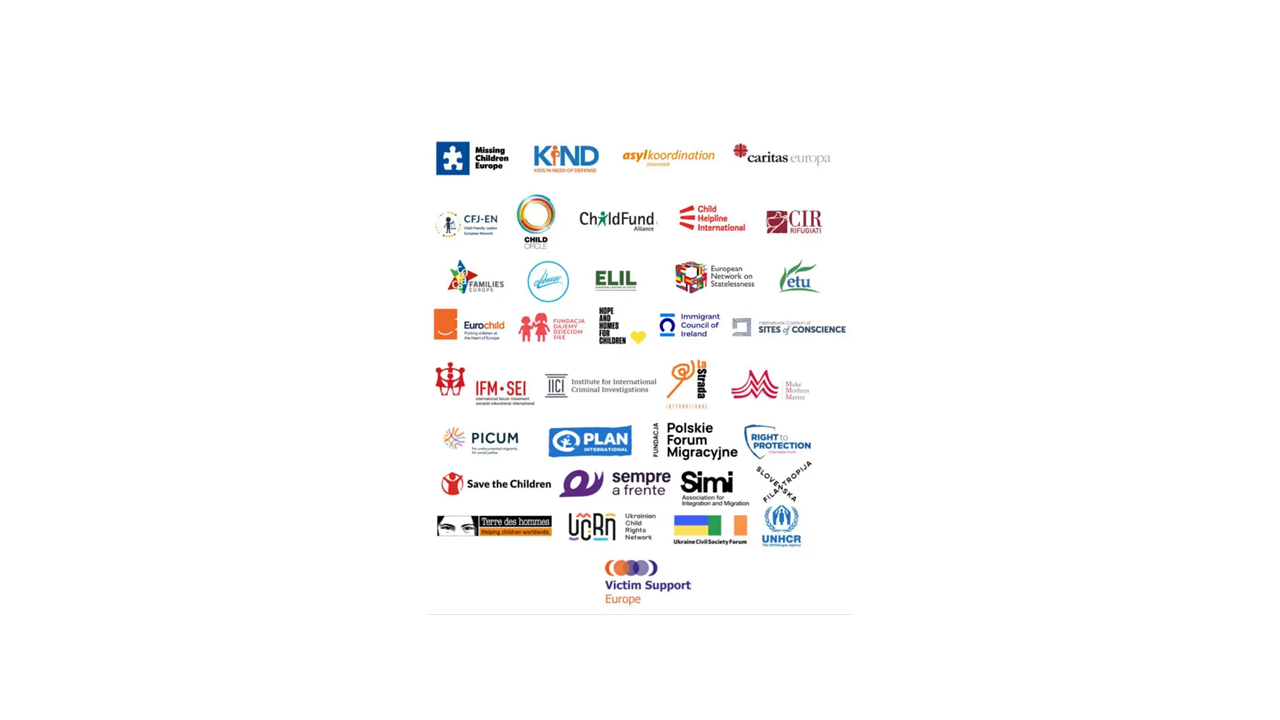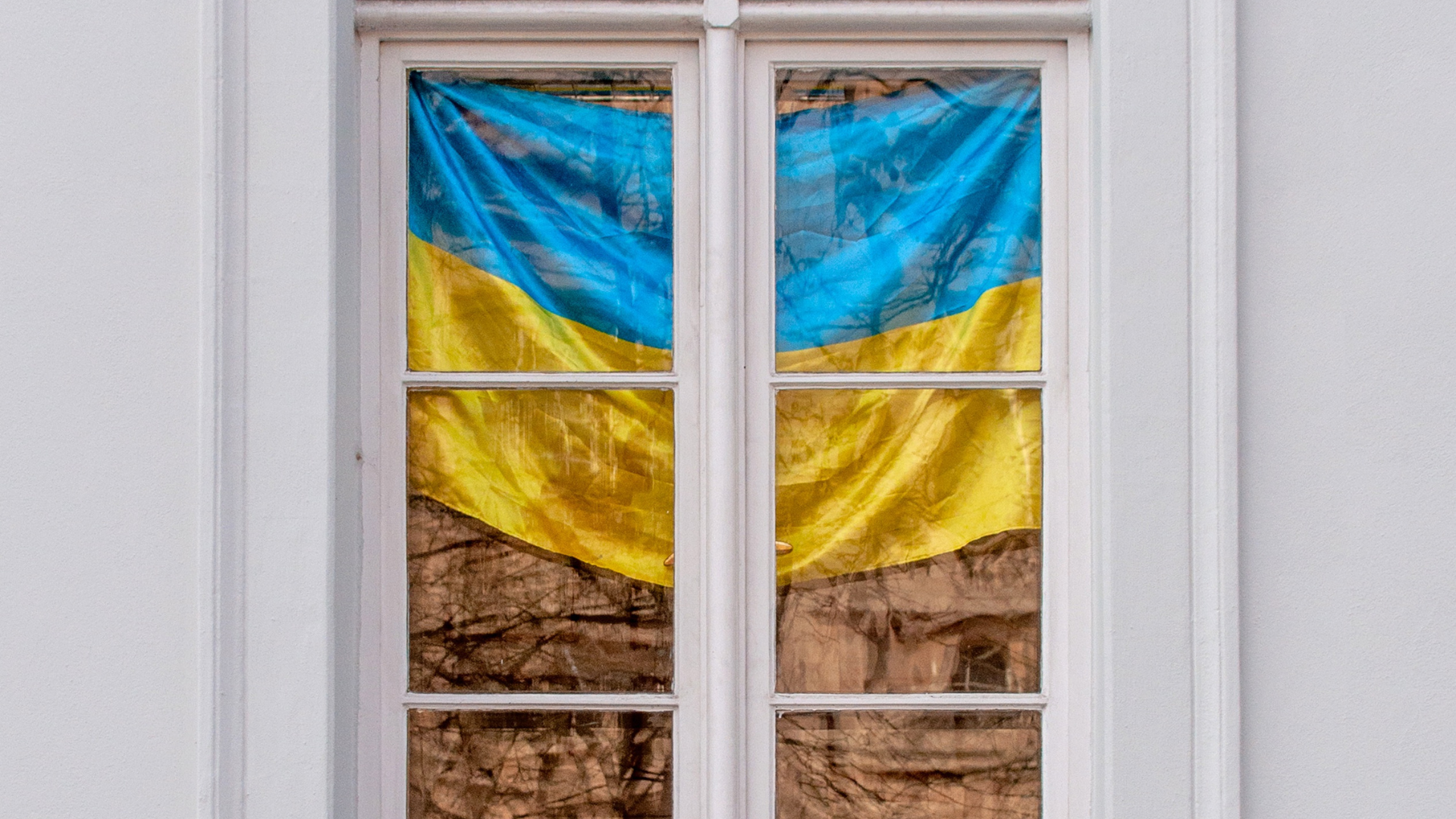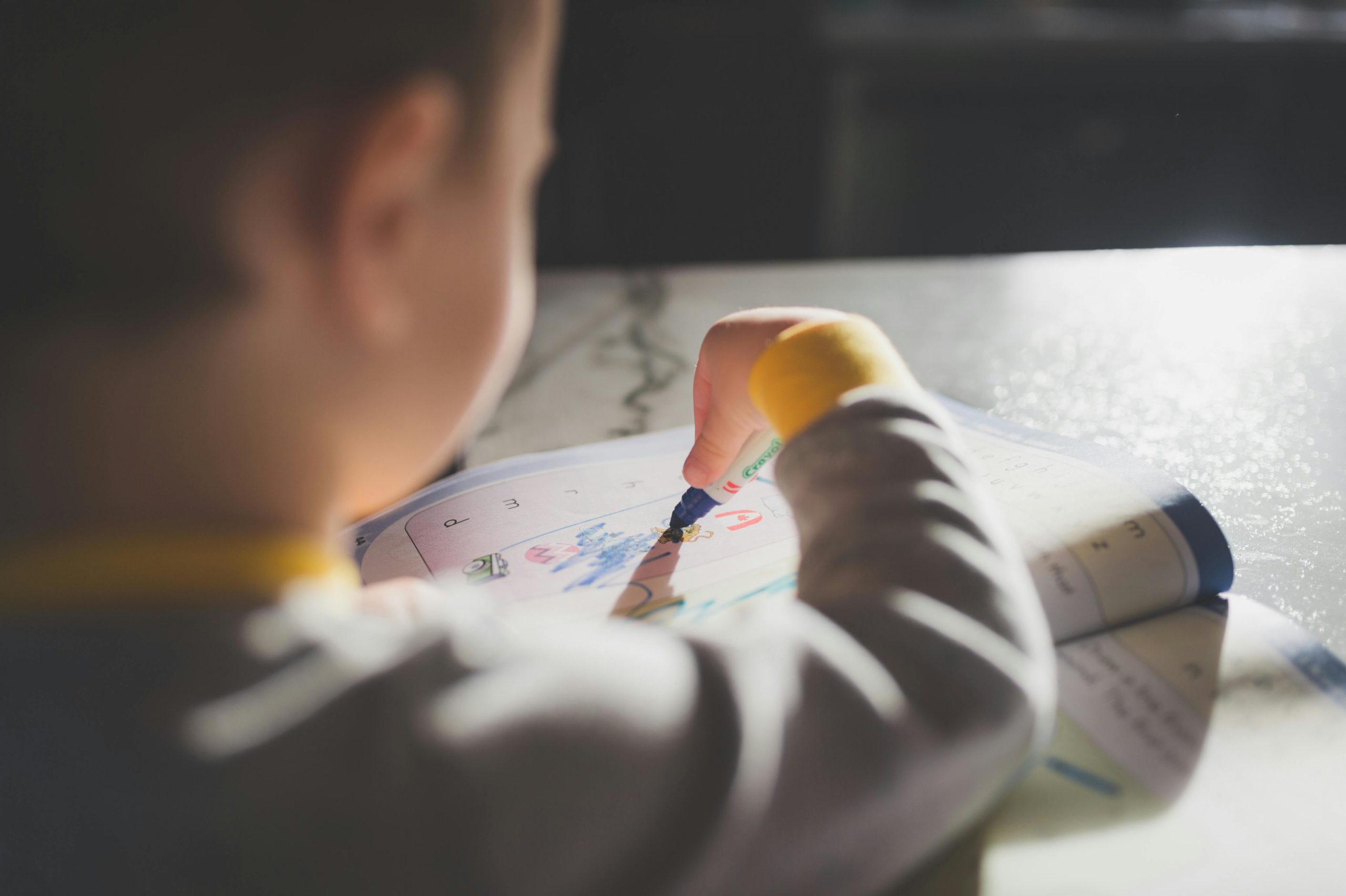Right to play is still important in war times
In this blog, Eurochild member Polina Klykova from Kyiv shows us how Ukraine’s children play during the conflict.
Despite the UN General Comment No. 17 on the “right of the child to rest, leisure, play, recreational activities, cultural life and the arts” not covering this right during armed conflicts, we may see the especially positive impact of “natural games” on children’s emotional well-being and resilience. The “natural game” here refers to what children do without being pushed to do so; such activities are their own way of living and handling circumstances.
That is probably one of the reasons (or the only one) why we may see this type of content on social media created by children or by their parents, but not in public and official reports. Children who live in armed conflicts, under the daily threat of air raids while being exposed to high risks for their health and life, keep playing! ⚽️🥎🤸♂️
Children play
… during electricity blackouts which can last for hours. It is easier to play if you have a camping headlamp
… underground. Given that children have to spend more time underground, they play with a ball, sing or dance while seeking refuge from the bombs in basements and bunkers.
… among the debris of buildings, like they used to do before in parks and on the street.

Safeguarding note: To protect children’s privacy and to follow our child protection policy the visuals above are sketches by Davide Rambaldi based on actual footage uploaded on TikTok by children in Ukraine.
Further information
- Two years on, what are the needs of Ukraine's children and families? On 24 February 2024 which marked the second anniversary of Russia’s full-scale invasion, we asked Eurochild members in Ukraine to tell us what their priorities for the wellbeing of children are.





